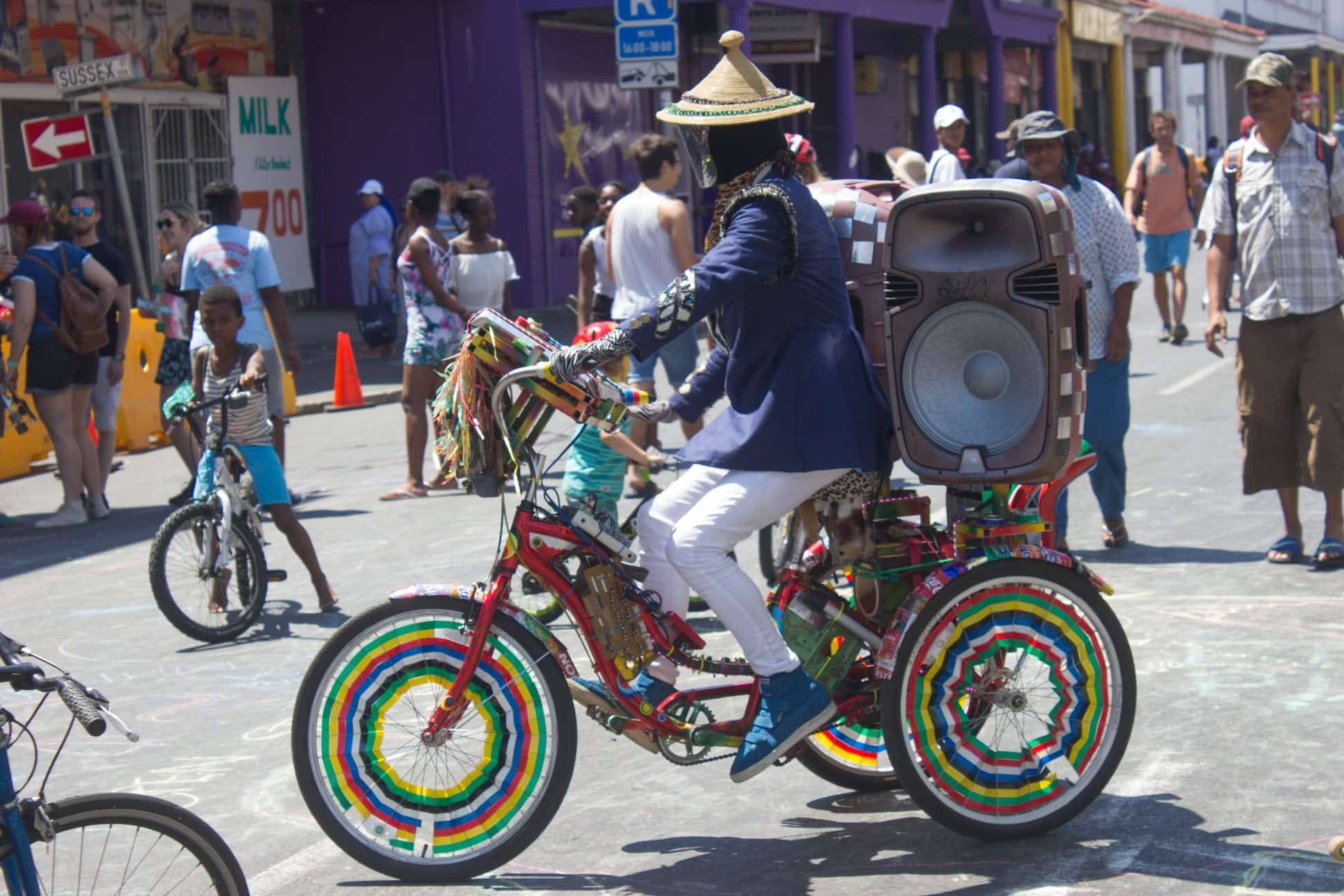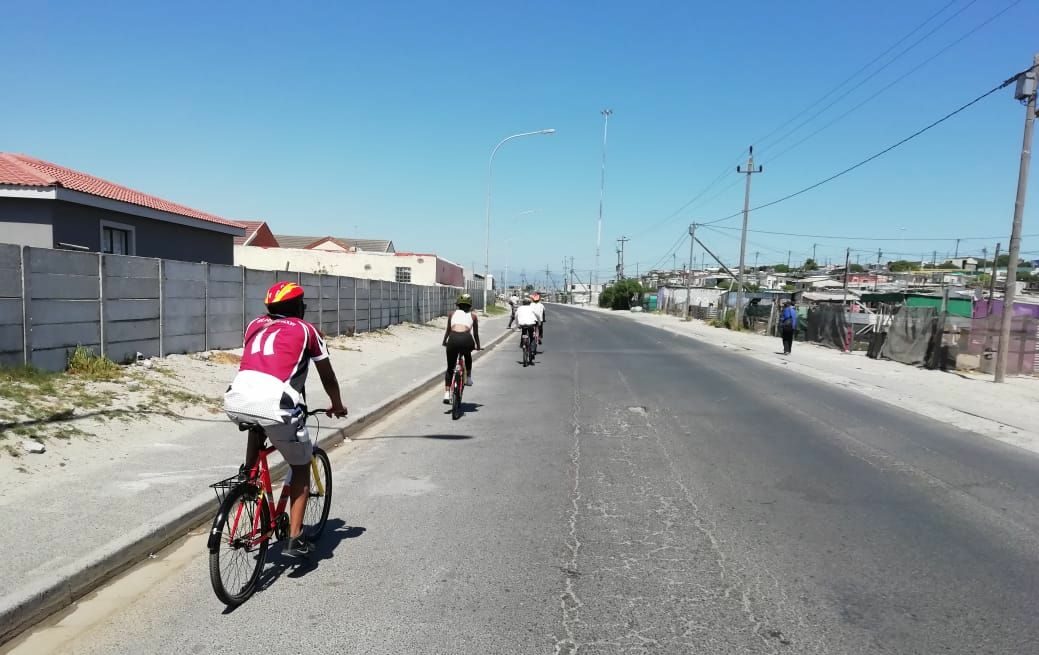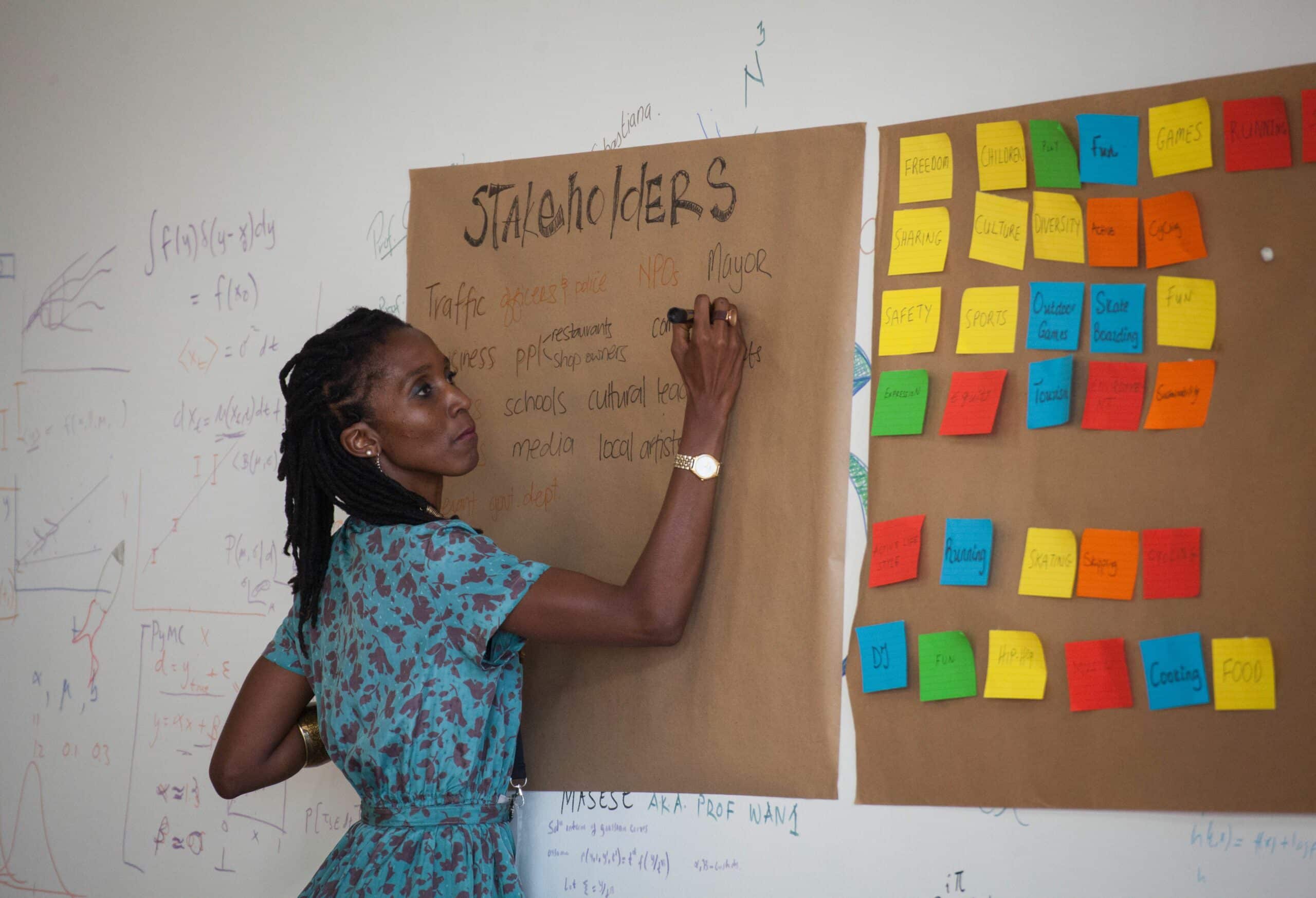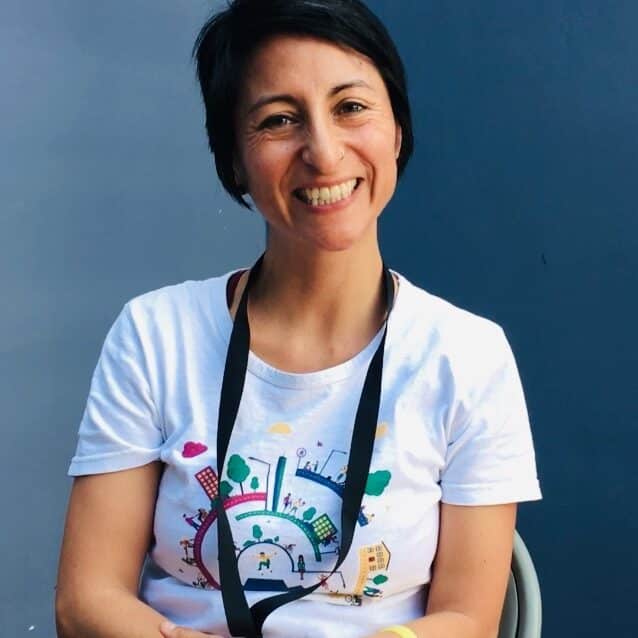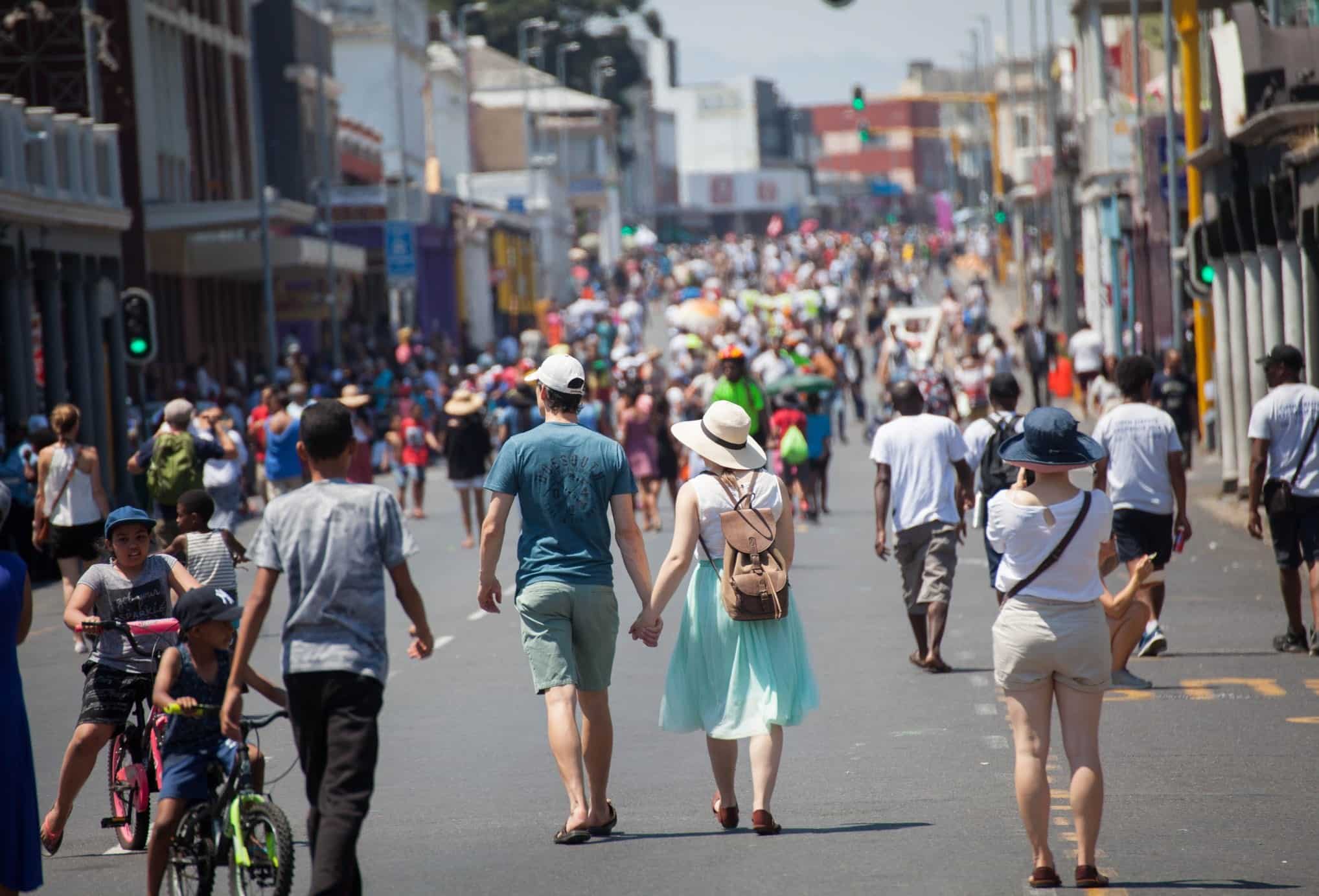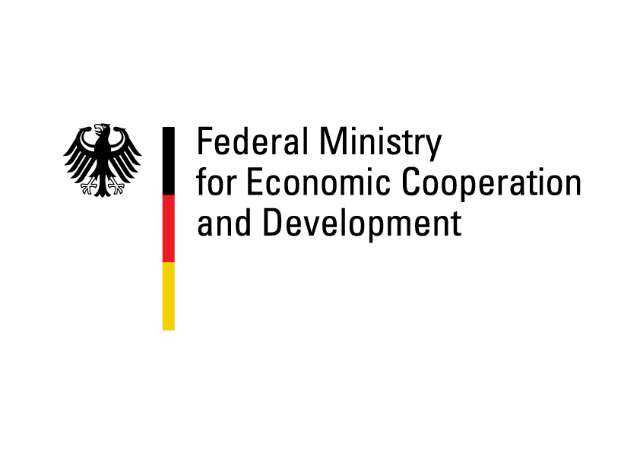The Challenge contributed to creating more vibrant streets and public spaces, particularly in marginalized areas of Cape Town, to improve accessibility, air quality, road safety, and overall quality of life for all urban residents.
It helped create a new mindset about movement on city streets and streets as public spaces. The Challenge facilitated creating a network with other African cities to share experiences and generate new knowledge. This happened at different levels:
Internationally: The most important legacy of the Challenge is the launch of an Open Streets network for African cities, which continues to work and support each other to facilitate Open Streets activities. Furthermore, the Challenge has planted the seed to create new bridges with Latin America initiatives to expand the knowledge and develop avenues for exchange across the Global South. OSCT was invited to present at the annual congress of the Latin American Open Streets in Cali, Colombia, where the experience was lauded and widely shared on social media.
Locally: Open Streets days took place the last Sunday of every month in different locations: Woodstock, Bellville, the City Centre, Langa, and Mitchells Plain. Moreover, a resident’s association in Cape Town initiated their own Open Streets program in a marginalized area called Grassy Park. The local impacts highlighted in
- media coverage generated to a value of more than R 1 000 000
- widespread participation by residents and collaborators
- participation by and promotion through government officials
- the organization of group bicycle rides or “bike buses” from different parts of the city
Regionally: OSCT has been consulted by other African cities, who started their own program, namely Addis Ababa/ Ethiopia, Kampala/Uganda, and Nairobi/Kenya.
Nationally: The Transport Department in Johannesburg sent two representatives to the Open Streets Exchange who participated actively in the roll-out of an Open Streets Day in Johannesburg with a local school and are currently
planning on its growth.
